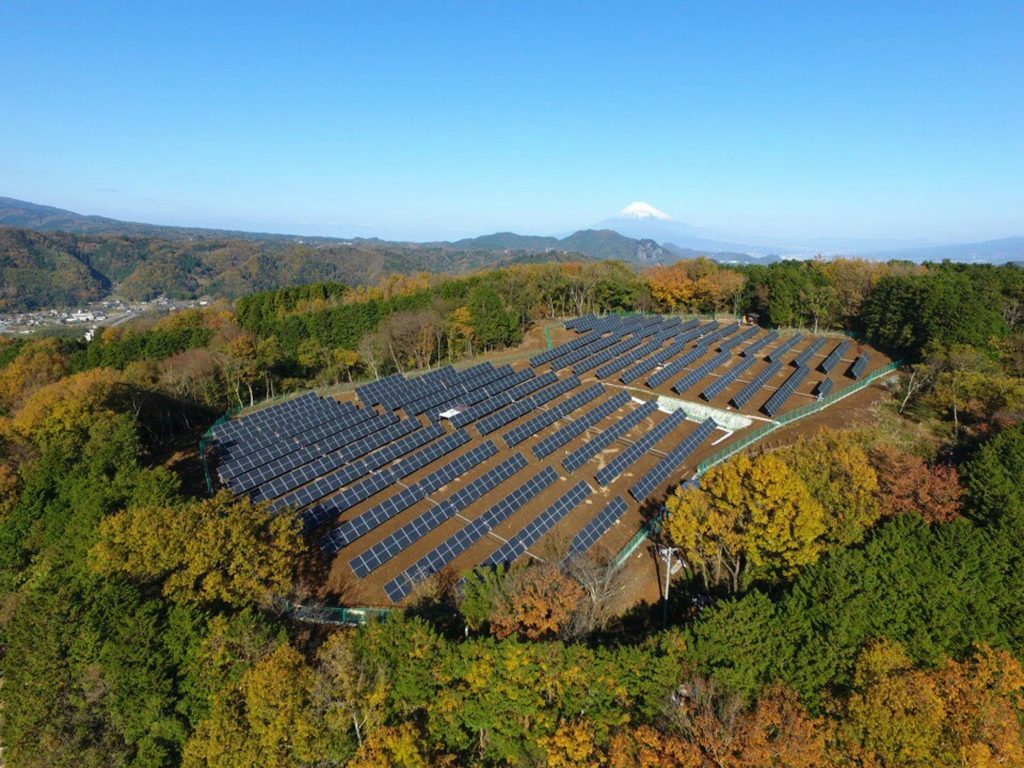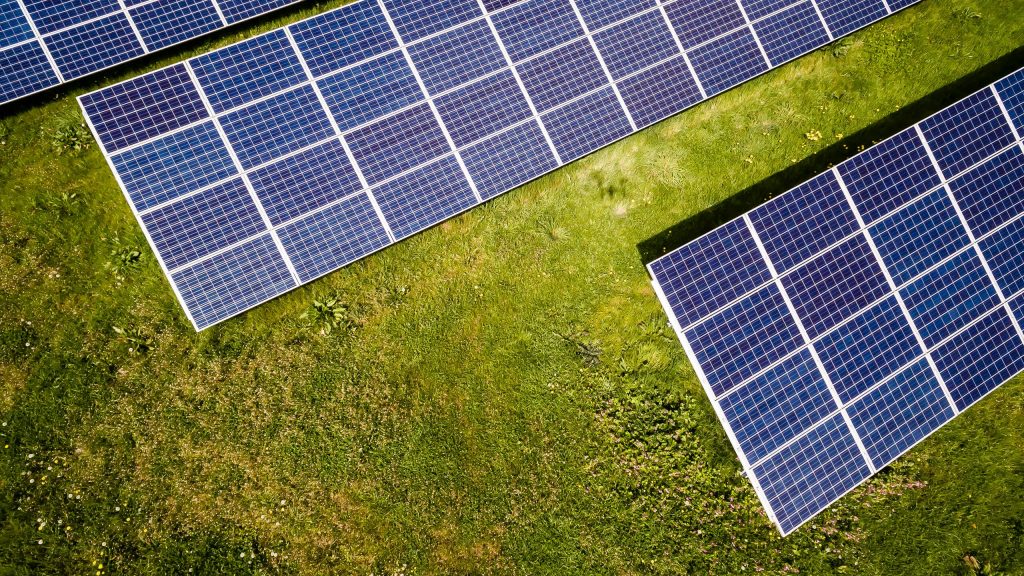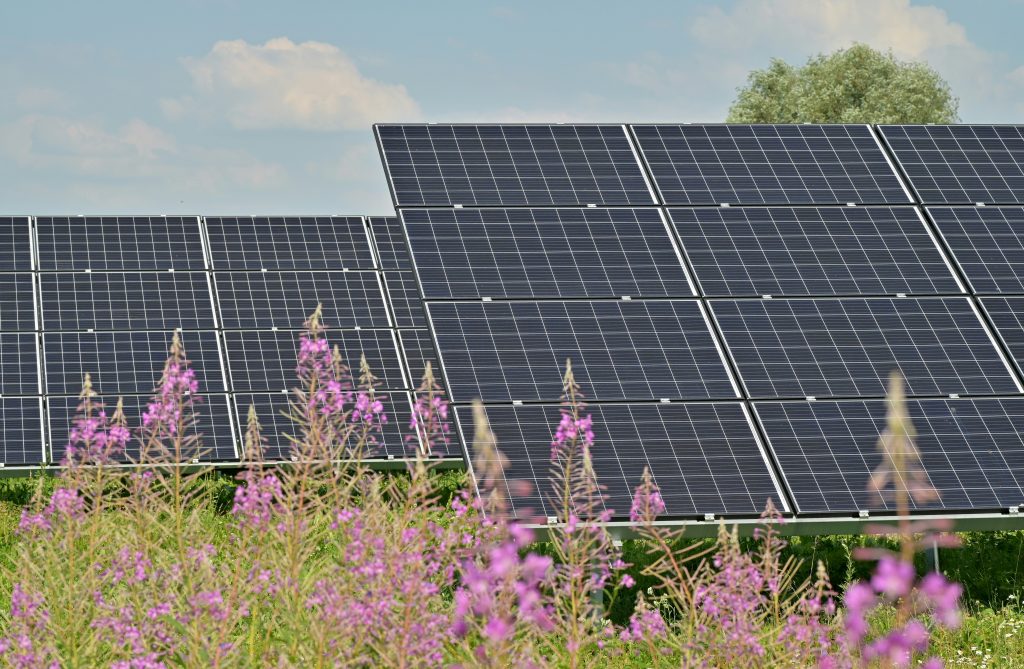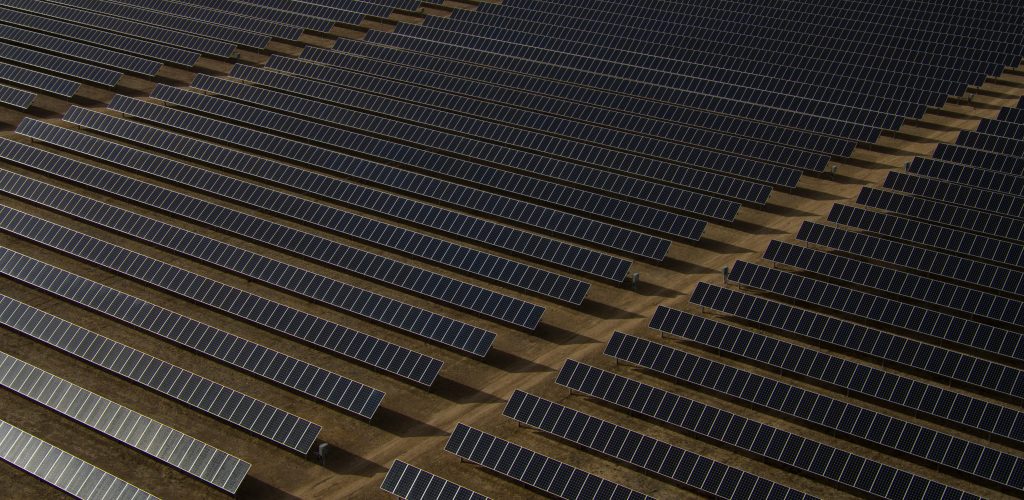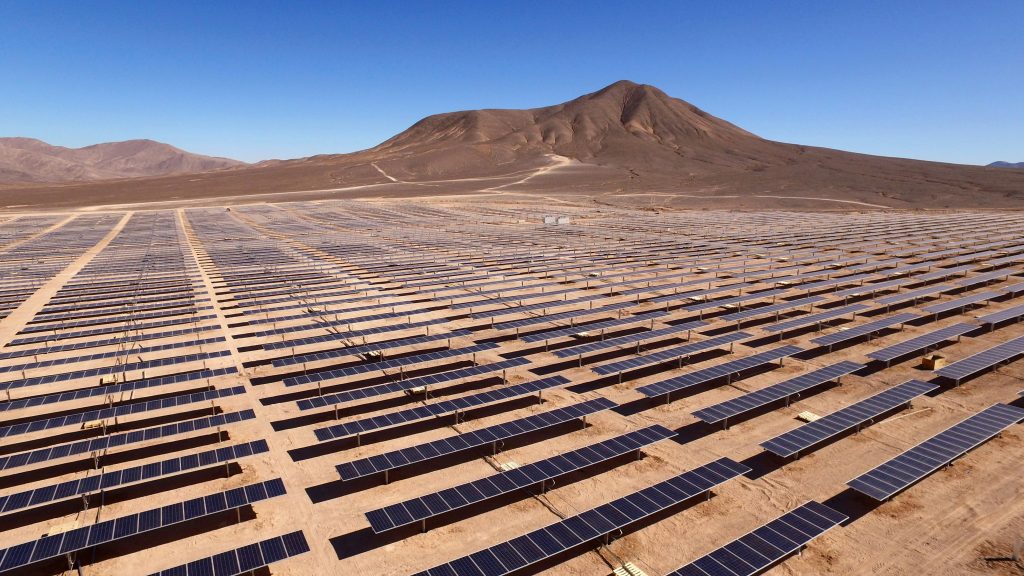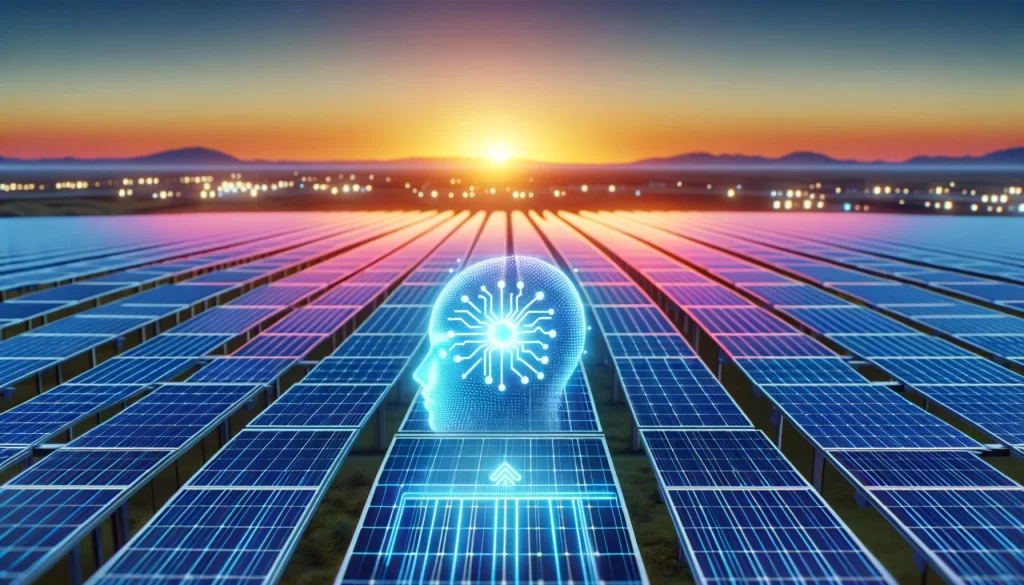Published by Contentify AI
- Introduction to AI in Solar Energy
- The Role of AI in Enhancing Energy Reliability
- Innovative AI Technologies Transforming Solar Systems
- Benefits of Integrating AI with Solar Energy
- Challenges and Considerations in AI Implementation
- Future Trends in AI for Solar Energy
- Conclusion

Key Takeaways
- AI technologies can enhance the reliability of solar energy systems.
- Implementing AI can optimize energy production and predict system failures.
- AI solutions help integrate solar energy into the grid more effectively.
Introduction to AI in Solar Energy
AI Solutions for Ensuring Solar Energy Reliability are becoming crucial in the renewable energy sector, particularly in optimizing solar energy systems. The integration of artificial intelligence in solar energy helps in predicting energy production, enhancing system efficiency, and ensuring consistent power supply. By analyzing data from various sources such as weather patterns, historical energy usage, and real-time performance metrics, AI can identify potential issues and adjust operations proactively. This technology not only boosts the performance of solar energy systems but also addresses the inherent variability in solar power generation, making it more reliable and effective for widespread use.
The Role of AI in Enhancing Energy Reliability
AI plays a pivotal role in enhancing energy reliability in solar systems by enabling predictive maintenance, optimizing energy management, and facilitating real-time monitoring. Through advanced data analytics, AI algorithms can forecast energy output based on weather conditions, historical data, and solar irradiance, allowing for better planning and usage of generated power. Additionally, AI can detect anomalies in system performance, prompting timely interventions before minor issues escalate into significant failures. This proactive approach not only improves reliability but also maximizes the efficiency of solar energy systems, ensuring a more stable and sustainable energy supply.
Innovative AI Technologies Transforming Solar Systems
Innovative AI technologies are transforming solar systems by implementing smart algorithms and machine learning techniques that enhance operational efficiency and reliability. For instance, AI-driven predictive analytics can assess historical performance data and weather forecasts to optimize energy production and consumption. Furthermore, computer vision applications can monitor physical assets, identifying potential maintenance issues early on. These AI solutions for ensuring solar energy reliability streamline system operations, improve energy management, and ultimately contribute to a more resilient energy infrastructure. By integrating these technologies, solar systems can adapt to changing conditions and ensure a steady power supply, fostering greater trust in renewable energy sources.
Benefits of Integrating AI with Solar Energy
Integrating AI Solutions for Ensuring Solar Energy Reliability offers numerous benefits that enhance the overall effectiveness of solar energy systems. Firstly, AI facilitates predictive maintenance, helping to identify and resolve potential issues before they lead to system failures, which reduces downtime and maintenance costs. Secondly, AI algorithms can optimize energy production by analyzing weather patterns and adjusting operations in real-time, ensuring that solar systems operate at peak efficiency. Additionally, by leveraging data analytics, AI can improve energy forecasting, allowing for better grid management and integration of solar energy with other power sources. This integration leads to a more stable energy supply, enhancing the reliability of solar energy as a renewable resource. Furthermore, AI can assist in better energy storage management, ensuring that excess energy generated during peak sunlight hours is efficiently stored and utilized, thereby increasing the overall reliability of solar energy systems.
Challenges and Considerations in AI Implementation
Implementing AI Solutions for Ensuring Solar Energy Reliability comes with its own set of challenges and considerations. One key challenge is the integration of AI technologies with existing solar infrastructure, which may require significant investment and upgrades. Additionally, the availability and quality of data are crucial; without accurate and comprehensive data, AI algorithms may produce unreliable predictions and recommendations. There are also concerns regarding the technical expertise required to develop, maintain, and optimize AI systems, necessitating specialized training for personnel involved in solar energy management. Moreover, issues related to cybersecurity and data privacy must be addressed, as the increased reliance on interconnected systems exposes solar energy operations to potential vulnerabilities. Lastly, regulatory frameworks may need to evolve to accommodate AI technologies, ensuring compliance while fostering innovation in solar energy reliability. Addressing these challenges is essential for effectively leveraging AI in enhancing the reliability of solar energy systems.
Future Trends in AI for Solar Energy
Future trends in AI for solar energy indicate a growing reliance on AI solutions for ensuring solar energy reliability. As machine learning algorithms become more sophisticated, we can expect advancements in predictive analytics that will allow solar systems to anticipate energy demands and adjust operations accordingly. Increased integration of Internet of Things (IoT) devices will enhance real-time data collection, enabling more accurate forecasting of energy production and consumption patterns. Moreover, the application of AI in optimizing energy storage solutions will become more prevalent, ensuring that excess energy generated during peak times is efficiently managed and utilized. Hybrid systems combining solar with other renewable sources, powered by AI, will likely emerge, providing comprehensive energy solutions for diverse needs. Furthermore, regulatory advancements and incentives will facilitate the adoption of AI technologies, driving innovation in solar energy reliability and efficiency. All these trends suggest a promising future for AI in transforming the solar energy landscape.
Conclusion
AI Solutions for Ensuring Solar Energy Reliability
AI Solutions for Ensuring Solar Energy Reliability are transforming how solar energy systems operate and perform. By harnessing machine learning algorithms, AI can analyze vast amounts of data from solar panels, weather patterns, and grid usage to enhance energy production and distribution. These solutions enable predictive maintenance, which anticipates equipment failures before they occur, minimizing downtime and maintenance costs. Furthermore, AI can optimize energy management by adjusting system parameters in real-time based on changing conditions, ensuring maximum efficiency and reliability. The integration of AI with solar technology not only boosts the reliability of energy supply but also supports the broader adoption of renewable energy by providing a stable and predictable power generation framework. Through smart forecasting and data-driven insights, AI is paving the way for a more resilient and efficient solar energy landscape.

